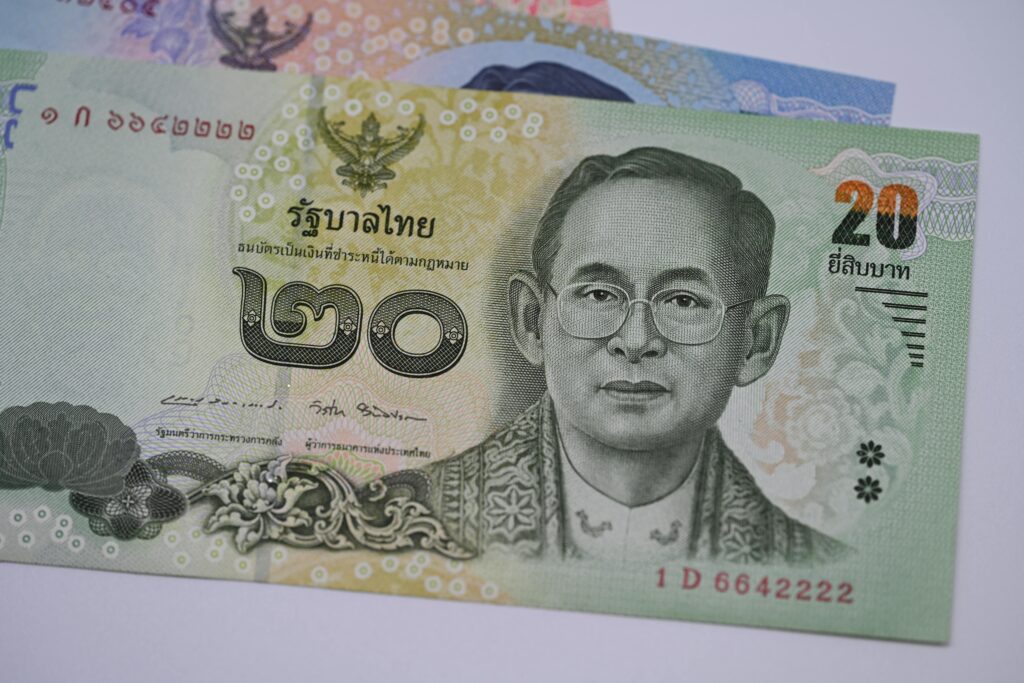
Strange Laws Around the World That Actually Exist
Introduction
The world is full of fascinating and amazing cultures, and with them, there are some truly strange laws too. And that are still in effect today. From banning chewing gum in Singapore to limiting the number of toilets in Switzerland after 10 p.m. you will find these laws very strange but after knowing the story of every law, you will understand the reason behind it. Every law has importance in their places. In this article, we’ll explore some strange laws around the world, knowing the actual reason behind every single law.
1. No Chewing Gum in Singapore
The Law
From 1992 everything about chewing gum is banned. the import, sale, and chewing of gum have been banned in Singapore. According to the law It is illegal in Singapore to do all of these things. You can only get or eat chewing gum if it is about therapeutic, dental, or nicotine gums, and they prescribed by the doctors. Unless it is fully banned in Singapore.

Why It Exists
The government made this law to maintain the country’s cleanliness. Because of the gum public property was getting damaged. Before the ban, gum was stuck to all over the places in Singapore. the a public property like subway doors were caused damaged by the gum people put there. So this law was important for it .
The Details
Singapore is actually famous for its strict laws and focus on public hygiene. The chewing gum was important to ban for reduce littering and improve public cleanliness. Singapore’s Authorities found out that chewed gum was being stuck on sidewalks, benches, and train doors. And it caused too much dirt and causing cleanliness concerns.
Consequences
According to this law Violators can be fined up to $100,000 or sentenced to two years in jail for importing gum. Locals of singapore got really comfortable with this law, while tourists are often surprised.
Public Response
While many outsiders see this law overly strict and unimportant, but the locals often appreciate the results. Singapore is now known for its one of the cleanest urban environments in the world.
2. It’s Illegal to Die in Longyearbyen, Norway
The Law
You will find this the strangest law. In Longyearbyen, located on the Norwegian archipelago of Svalbard, in here it is illegal for someone to die.
Why It Exists
In this place ground stays frozen most of the time. Due to this bodies do not decompose properly. When people were buried in the soil here, their bodies remained intact. And this was a big concern because this can cause big diseases.
The Details

Longyearbyen’s cemetery stopped accepting new bodies for burials in 1950. after its scientists get to know that the bodies that were buried decades earlier had barely decomposed. Some bodies even retained traces of the 1918 influenza virus. So, this became a big fear for the people there that what if the ancient diseases spread again.
How It Works
According to this law If a person is seriously ill, they must go to the mainland Norway to pass away. even Pregnant women are also advised to travel to the mainland for childbirth, because in this place they don’t have good facilities for medical emergencies.
3. No Flushing Toilets After 10 PM in Switzerland (Apartments)
The Law
You will be surprised to know that in some areas of Switzerland, tenants in apartment buildings are not allowed to flush their toilets after 10 p.m.
Why It Exists
This law comes from a strict interpretation of noise pollution laws. Swiss societies value a lot – peace and quiet, especially during nighttime. This law exists for maintaining peace.
The Details
These rules and regulations come under broader quiet-time laws. According to these laws loud activities like vacuuming or playing loud music after 10 p.m. is prohibit. in some shared buildings the flushing of toilets is considered noisy, and people find it disruptive.
Enforcement
This law is not a police-controlled thing, it is more likely a social norm. To maintain peace in locality this law exists. But neighbours can report each other to landlords about the noise problems and repeat offenders have to face housing disputes.
Cultural Significance
Switzerland’s focus on community living and mutual respect is a reason why this type of law is still in work.
4. It’s Illegal to Step on Money in Thailand
The Law
This law is in Thailand. In Thailand if you step on money—coins or banknotes, it is illegal. Stepping on the country’s currency disrespects the monarchy.
Why It Exists

Thai currency has featured an image of the King. So, stepping on the coins or banknotes is considered illigal and seen as an act of disrespect for the king and the country.
The Details
Thailand is known for its strictest lèse-majesté laws; these laws is for criminalize actions that insult or show disrespect to the royal family. Now that Thailand currency features King’s image on it, so stepping on money is taken as stepping on the King himself. And it is a great disrespect towards the royal family.
Consequences
Violators may have to go to face jail or have to pay fines. This law is for everyone, even foreigners can be arrested for accidentally or jokingly stepping on money.
5. It’s Illegal to Feed Pigeons in Venice, Italy
The Law
According to this law Feeding pigeons in Venice, especially in St. Mark’s Square, is illegal.
Why It Exists
In Venice you can see pigeon all over the place. The pigeon population was causing damage to Venice’s historic buildings. Their droppings damaged the stone of building and attracted insects, bugs and rats. And they cause more damage to the buildings. So, this law became a necessity in Venice.
The Details
Because of all these problems and issues Venice authorities and government banned pigeon feeding in 2008. Before this law, shopkeepers sold birdseed to tourists, and the pigeons were a major attraction of this place. However, cleaning and restoration costs more due to the damage caused by pigeon droppings.

Fines
Violators can be fined up to €700 for selling birdseeds or feeding the pigeon. Their Police, patrol the main tourist areas for sustain the law.
Cultural Shift
After this law some tourists miss the scenes of pigeons flocking to feed. but many Venetians fully supports the law to preserve their city’s historical buildings.
Conclusion
The world is filled with strange things, and some of them are the laws—some funny, some too weird and others deeply cultural. These laws tell us that every country has their own unique values and histories, that allow them to create these kinds of laws. From these unique laws we understand the reason why each country is different from the other one. Some wants cleanliness, some respect their royalty, some value peace and some wants to save their historical beauties. So, each and every rule holds crucial importance at their places, and everybody should respect it.




2 Comments
xmc.pl
Your words carry meditative resonance. They unfold naturally, inviting the reader to slow down, dwell, and discover both insight and emotional depth.
Poonam Giri
Thank you for your words, I really appreciate it